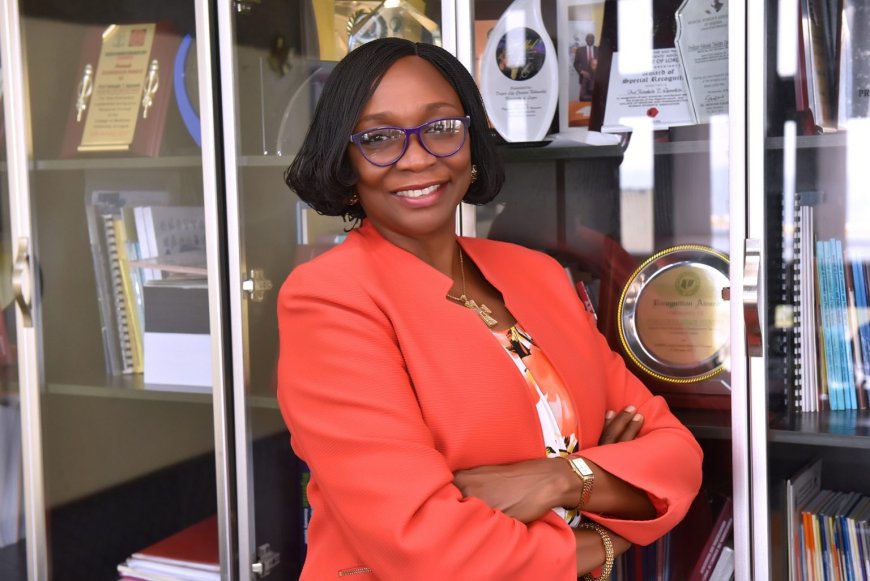Distance learning students not inferior to on-campus scholars – UNILAG VC

The Vice Chancellor of the University of Lagos, Prof. Folasade Ogunsola, has said the gap between full-time and Distance Learning Institute students has been effectively closed.
Ogunsola stated this in an interview on the sidelines of the fourth international colloquium of the UNILAG Distance Learning Institute, held on Thursday.
She explained that the institution had harmonised admission screening and academic standards for both DLI and full-time students to ensure equal quality and recognition.
According to her, graduates across the two streams now earn the same certificates, a deliberate move to erase the stigma that had long trailed distance learning graduates in the labour market.
Ogunsola said, “The stigma attached to DLI graduates is more perception than fact. What we’ve done is to tighten quality assurance. What we’ve tried to do is we have continuously tightened the quality of the work here, to also ensure that distance learning students have the same kind of screening when coming in. Admission into the institute is no longer open to just anybody – garbage in, garbage out.
“We make sure there is a minimum standard that meets labour market demands, and we are improving how we are training them here. Our certificates do not bear the label ‘Distance Learning,’ so graduates are like every other UNILAG graduate.”
The VC disclosed that while the ratio of DLI to full-time students currently stands at 1:3, the university plans to expand distance learning enrollment from 12,000 to 50,000 students in the coming years.
She, however, identified technology and internet access as major barriers, particularly for learners in rural communities.
“To reach rural areas is our biggest challenge, and it goes beyond what the university alone can do. Last-mile internet access is still a government responsibility, but we continue to engage with them.
“We need to grow the numbers because Nigeria’s population demands it. Scaling up to 50,000 students requires better technology and more engaging online environments,” she added.
Also speaking, the DLI Director, Prof. Risikat Dauda, emphasised the need to make distance learning inclusive and accessible to Nigerians in underserved areas.
Dauda said, “Open and Flexible Distance Learning should not be for only the wealthy or the well-connected with laptops and fast internet. It should cater to rural dwellers, those without electricity, and those with only radios or basic phones.
“Inclusion means asking whether the poorest child in Zamfara can benefit as much as a banker’s daughter in Ikoyi. Technology is already the present of education, not just the future. But pedagogy must adapt to Nigerian realities -limited bandwidth, multilingualism, and unstable electricity.”
She stressed that OFDL should evolve beyond merely uploading classroom lectures online, calling instead for personalised and adaptive learning.
For instance, an AI tutor can help a student in the North struggling with mathematics by breaking down concepts into Hausa analogies, while giving advanced material to a Lagos student who is ahead,” she added.
Keynote speaker, Dr. Niclole Lotz of the Open University, UK, called for inclusive curriculum design with students’ voices embedded.
Lotz said, “The future of distance learning is social learning at a distance. Some universities have already moved from blended to fully online learning. Curriculum development must be collaborative, with student feedback built in.”
Another keynote speaker, Prof. Chukunoye Ochonogor of Tshwane University of Technology, South Africa, stressed the importance of digital literacy and culturally responsive teaching.
“We must embed education for sustainable development into the curriculum, and encourage lifelong learning to build resilient communities,” Ochonogor said.
The colloquium, themed “Future-Proofing Open, Flexible and Distance Learning: Balancing Innovation, Inclusion and Sustainability,” featured contributions from Prof. Abdullahi Ribadu, Prof. Ganiyat Adesina-Uthman, Prof. Chrissi Nerantzi, and Prof. Oyesoji Aremu.

 admin
admin 


